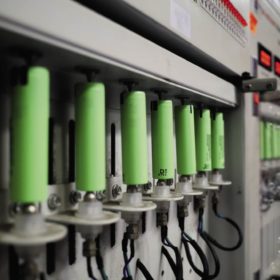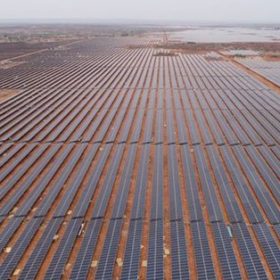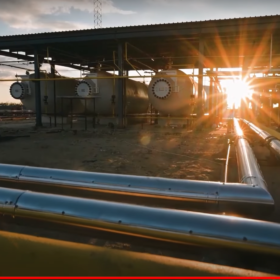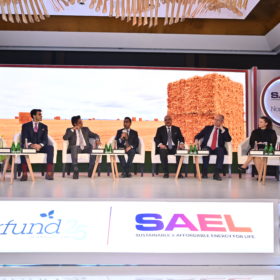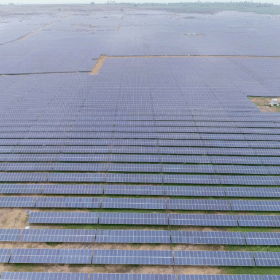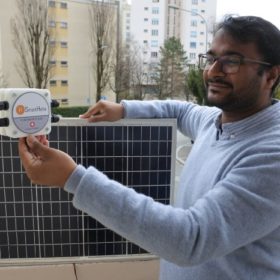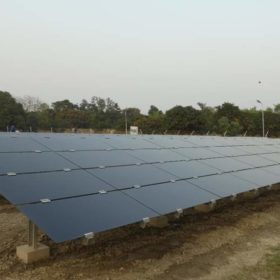BPCL to set up 1 GW renewable energy plant in Rajasthan
Bharat Petroleum Corp. Ltd, which targets 1 GW of renewable energy by 2025 and 10 GW by 2040, has signed an agreement with the government of Rajasthan to build a 1 GW renewable energy plant with an investment of INR 5,000 crore.
Rajasthan signs MoUs worth $14.85 billion for renewable energy, storage, and hydrogen projects
The State government has signed agreements for various giga-scale projects across renewable energy generation, solar manufacturing, pumped hydro storage, and green hydrogen.
Govt signs pact with Rajesh Exports for 5 GWh lithium-ion cell factory
The central government and the state government of Karnataka have signed an agreement with Bengaluru-headquartered Rajesh Exports to lend support and a tailormade incentive package for its 5 GWh lithium cell factory in Karnataka.
REC commits INR 45,350 crore to 10 GW of renewables in Uttar Pradesh
The non-banking finance company, under the power ministry, has signed agreements to provide financial assistance of over INR 1 lakh crore ($12.3 billion) for various power and infrastructure projects in Uttar Pradesh. This includes INR 45,350 crore for 10 GW of renewable energy capacity addition.
Emerging investment opportunities in India’s renewable energy sector
Corporate decarbonization, value chain integration, wind-solar hybrid projects, battery energy storage, offshore wind, green hydrogen, and value-added offerings such as energy-as-a-service are key trends and technologies shaping up India’s renewable energy sector and offering ample scope for investments.
Norfund invests INR 500 crore in Indian renewables company
India’s solar and waste-to-energy generator SAEL has raised INR 500 crore of equity investment from Norway’s Norfund as it seeks to fast-track the implementation of its biomass power projects that use crop stubble as a fuel.
REC commits $123 million for renewable energy projects in Madhya Pradesh
The state-owned non-banking finance company has signed a memorandum of understanding with Rewa Ultra Mega Solar Ltd (RUMSL) to provide INR 1,000 crore ($123 million) for the development of renewable energy parks and associated infrastructure in Madhya Pradesh.
SmartHelio raises $5 million
The Swiss PV diagnostics and predictive solutions provider said it would use the amount to scale its software for solar performance management.
Husk Power secures $750,000 to expand solar microgrid business in Nigeria and India
Bihar-based Husk Power Systems has secured $750,000 in debt to build eight new community solar microgrids in Nigeria and expand operations in India.
EV manufacturers’ wishlist for Union Budget 2023–24
Electric vehicle (EV) and component manufacturers seek a uniform 5% goods and service tax (GST) for all EV spare parts. They also want the scrapping of import duty on lithium-ion battery cells and policy support for battery recycling.


